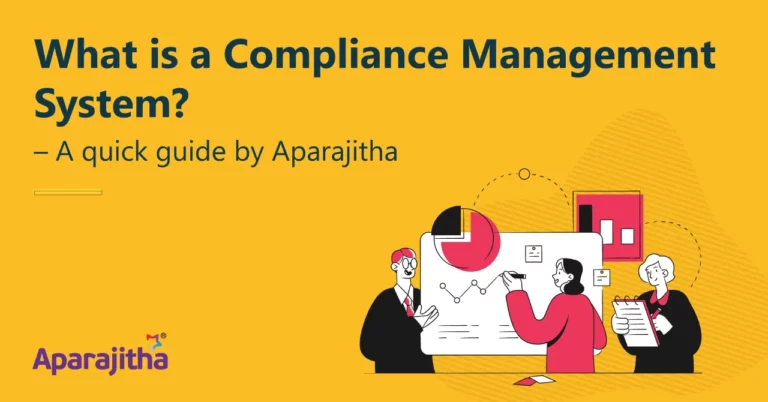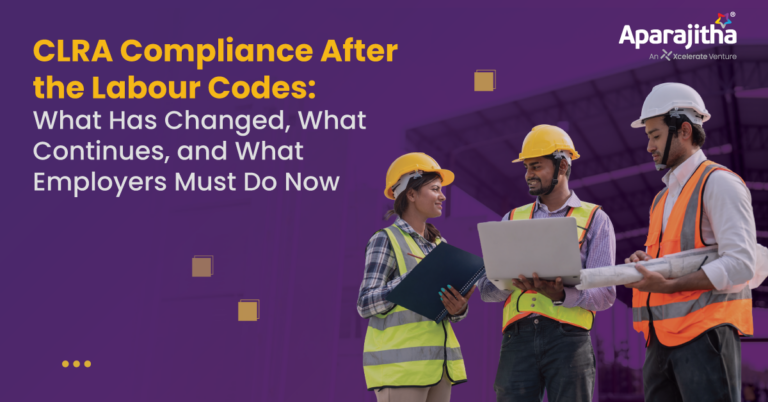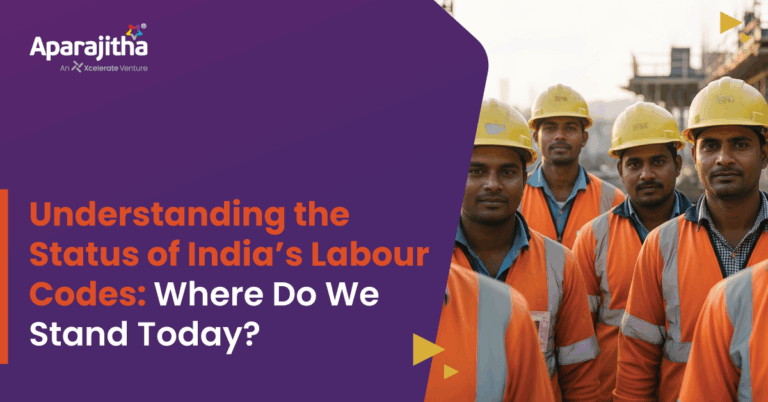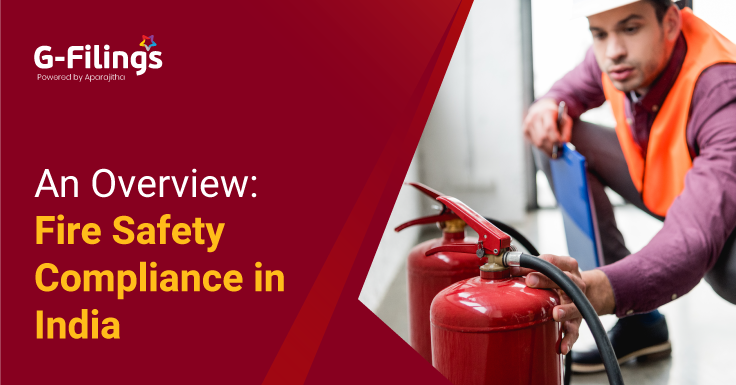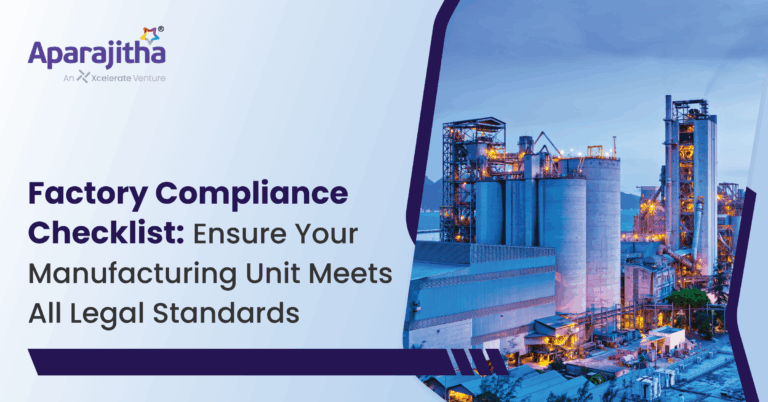In India’s sprawling retail ecosystem, Environmental, Health & Safety (EHS) compliance has long been viewed as an administrative necessity, an obligation to secure the right licenses, keep statutory registers, and pass periodic inspections. But this perception is changing fast. As consumer expectations, regulatory scrutiny, and investor demands converge, EHS is emerging as a strategic driver of business resilience and competitive advantage.
Traditionally, compliance in retail was shorthand for securing Fire NOCs, ensuring DG set approvals, or obtaining FSSAI certification for food operations. While these remain critical, the definition of responsibility has broadened dramatically. Today, being compliant also means managing packaging waste and e-waste, minimizing emissions, reducing water and energy consumption, ensuring supply chain sustain ability, and even demonstrating ethical sourcing. In short, it is about proving that your brand is f it for the future.
The Legal and Market Imperatives
The legal framework governing EHS in India is anything but light touch. It spans national statutes such as the Environment (Protection) Act, Water (Prevention and Control of Pollution) Act, Air (Prevention and Control of Pollution) Act, and the Food Safety and Standards Act, as well as state-specific f ire and safety laws. For large-format retailers operating across multiple states, compliance is a moving target. Regulations evolve, jurisdictional requirements differ, and reporting formats are rarely standardized.
The consequences of non-compliance can be severe: fines, legal action, temporary shutdowns, or even criminal liability for senior executives. But beyond the punitive aspect lies a larger truth: compliance is a trust signal. For consumers increasingly concerned about sustainability, for investors tracking ESG performance, and for regulators enforcing public safety, EHS is now an indicator of a brand’s integrity.
Where Retailers Struggle
Even the most well-intentioned retailers face structural challenges. Compliance is often fragmented across departments – facilities manage fire safety, operations handle waste disposal, HR over sees workplace health – with no centralized visibility. This siloed approach increases the risk of missed deadlines, outdated permits, and inconsistent record-keeping.
Internal audits, where they exist, are frequently irregular or checklist-driven, missing the deeper operational risks. Aware ness is another critical gap. At the store level, teams may be unaware of location-specific requirements, leading to compliance lapses that can jeopardise the brand at a national level.
The result is a paradox: retailers may be investing heavily in compliance, yet still remain ex posed to significant risk because they are managing it piecemeal.
Why the Urgency Is Growing
Three forces are accelerating the need for robust EHS systems:
First, regulatory enforcement is tightening. Inspections are more frequent, penalties steeper, and public disclosures more common. Second, high-profile environmental incidents from ware house fires to hazardous waste leaks, have underscored the reputational and human costs of failure. Third, the business case for compliance is now proven. Retailers that integrate EHS into their core operations often find they reduce resource use, cut energy costs, improve staff safety, and strengthen consumer loyalty, all while meeting or exceeding legal requirements.
From Risk to Advantage: The Aparajitha Approach
For retailers looking to elevate EHS from a compliance function to a strategic advantage, the challenge lies in scale, consistency, and speed of execution. This is where Aparajitha has carved a niche as India’s most trusted regulatory compliance partner.
With over 12 years of expertise and a portfolio of 3,600+ corporate clients, Aparajitha combines deep domain knowledge with tech-enabled solutions to manage EHS requirements end-to-end. At the heart of its offering is Simpliance Remo EHS, a digital platform that maps all applicable compliances across multiple locations, centralises tracking, and updates requirements in real time as laws evolve.
But technology alone isn’t enough. Aparajitha assigns each client a dedicated service manager to coordinate with internal teams, external agencies, and regulators — ensuring that licences are secured and renewed on time, statutory records are maintained accurately, and regulatory filings are completed without delays. This integrated approach eliminates silos, reduces the risk of non-compliance, and builds audit readiness into the daily rhythm of retail operations.
The outcome is more than compliance. Aparajitha’s framework fosters a culture of accountability and transparency, empowering retailers to treat EHS as a lever for brand trust, operational efficiency, and market expansion.
Leading the Next Decade of Indian Retail
As India’s retail sector expands into new markets and formats, the expectations around environmental, health, and safety standards will only intensify. Regulatory enforcement will get stricter, consumers will be more discerning, and investors will continue to demand credible ESG performance.
In this environment, retailers that see EHS as an investment rather than an obligation will stand apart. By partnering with a specialist like Aparajitha, they can turn a complex compliance landscape into a competitive advantage, ensuring not only that they meet the rules, but that they lead in setting the standard for responsible, sustainable retail in India. Because in the decade ahead, EHS will not just be about avoiding fines. It will be about building a brand that’s built to last.
Environmental, Health & Safety (EHS) compliance in Indian retail is evolving from a legal formality into a strategic advantage, and with its tech-enabled expertise, Aparajitha helps retailers turn complex regulations into opportunities for brand trust, operational efficiency, and sustainable growth.
Featured in STOrai Magazine, VOL. 14 | ISSUE 3, June–August 2025 edition



